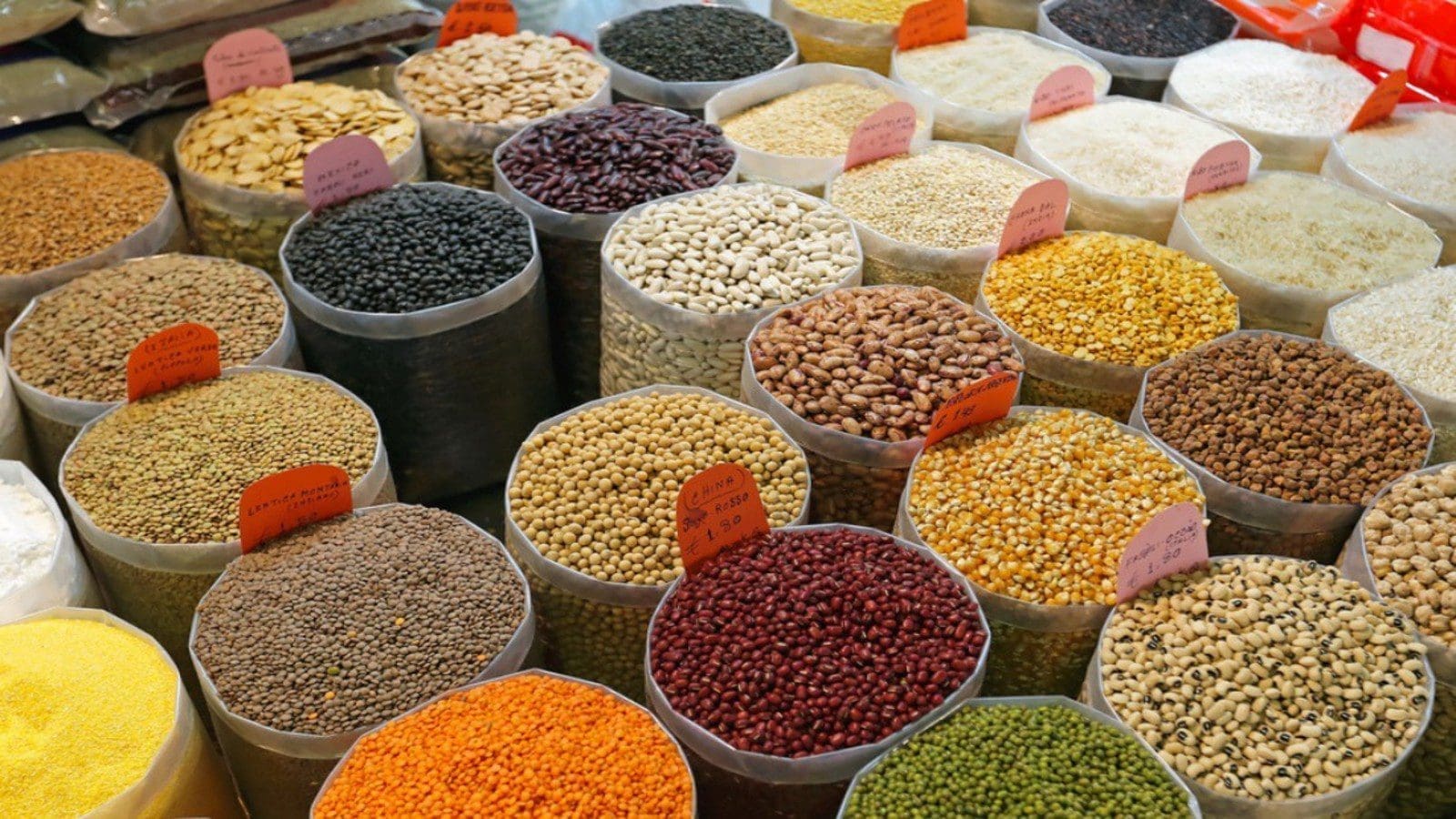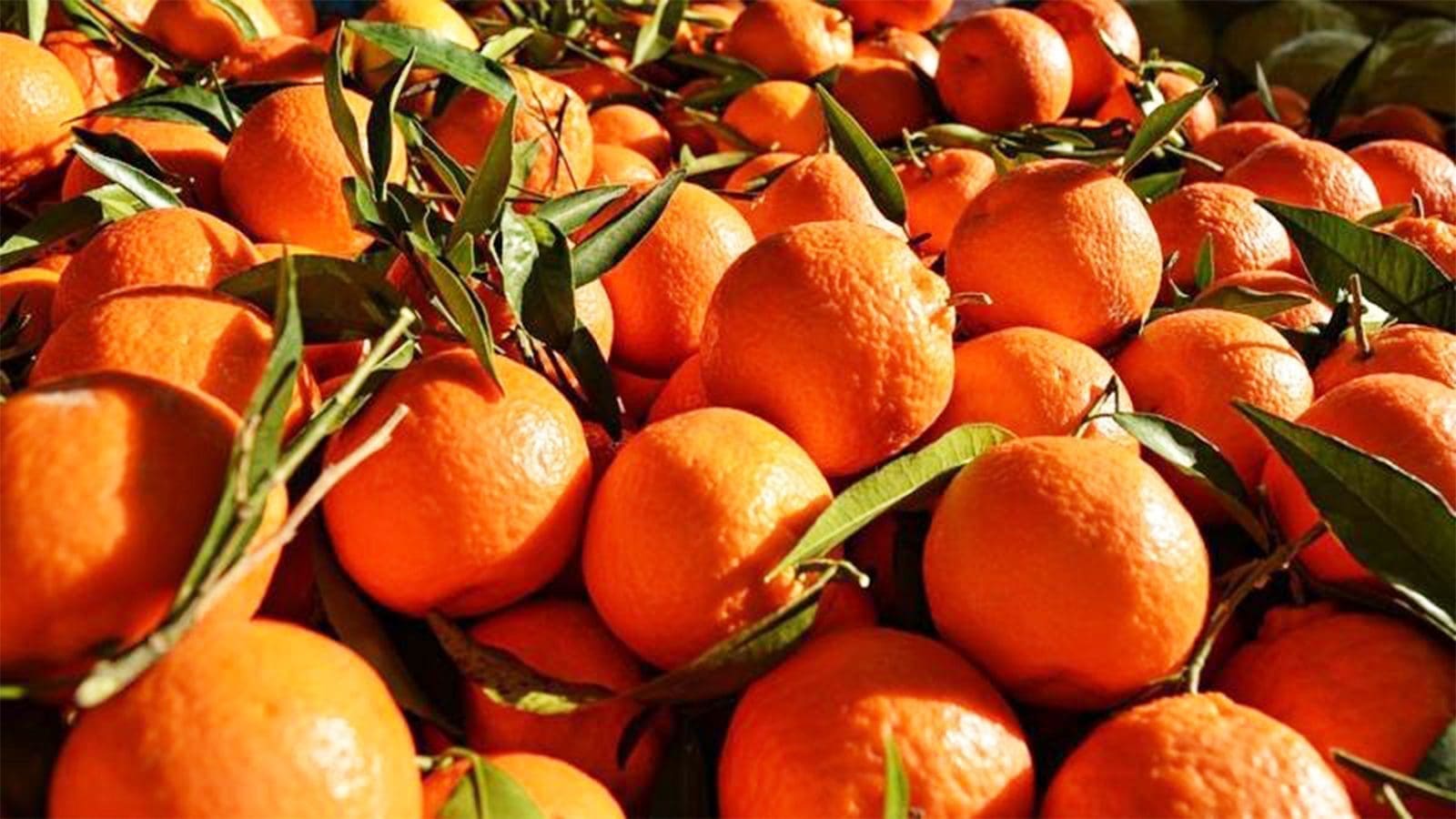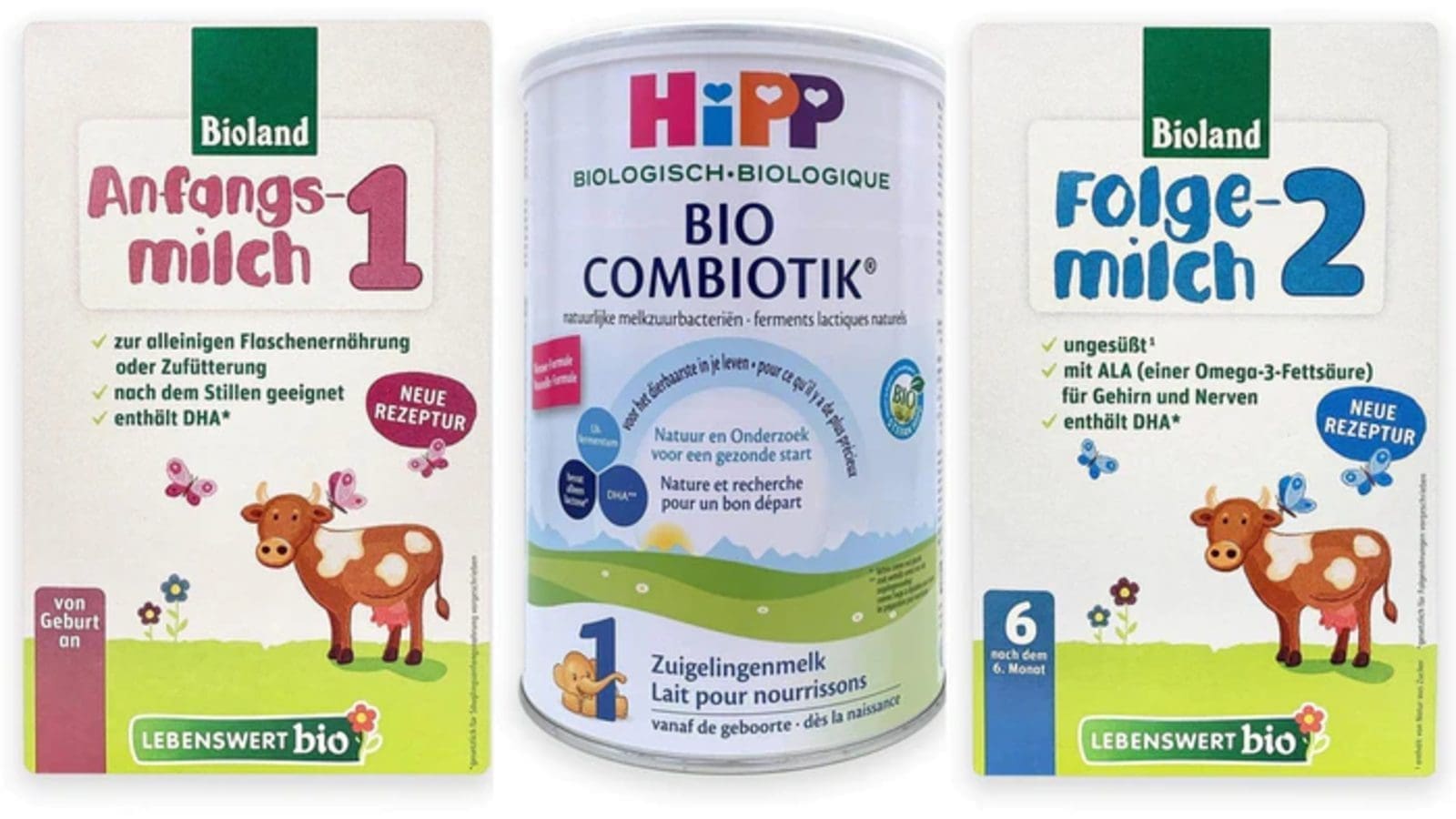INDIA – The Alliance for Sustainable and Holistic Agriculture (ASHA) – Kisan Swaraj has written to the Food Safety and Standards Authority of India (FSSAI) to terminate the plan to make synthetic/chemical fortification of foods mandatory in India.
The FSSAI had earlier issued a draft regulation for mandatory fortification of edible oil and milk with Vitamin A and D. The FSSAI has also outlined its plan to make rice fortification mandatory from 2024 with Vitamin B12, Iron, and Folic Acid in India.
ASHA-Kisan Swaraj is a volunteer-driven large informal network of organizations and individuals that initially came together in 2010 to organize a Kisan Swaraj Yatra, a nation-wide mobilization to draw attention to issues pertaining to food, farmers and freedom.
The network consists of farmers’ organizations, consumer groups, women’s organizations, environmental organizations, individual citizens and experts who are committed to the cause of sustainable and viable farm livelihoods in rural India, including by ensuring that productive resources are in the control of farming communities and thereby, safe, nutritious, diverse and adequate food is available for all Indians.
ET Retail reports that ASHA – Kisan Swaraj has sent a letter to the FSSAI that carries the signatures of 170 individuals including medical experts, nutritionists, agricultural scientists, farmers’ organizations, academics, civil society organizations across the society to stop any such plan of food fortification.
The government has recently initiated a 3-year centrally sponsored pilot scheme on rice fortification and supply via the Public Distribution System (PDS), an organisation that facilitates distribution of grains at affordable prices, in 15 districts of the country. The ASHA – Kisan Swaraj claimed that the government has started to provide fortified rice through the mid-day meal scheme and Integrated Child Development Scheme (ICDS) programme citing widespread nutritional deficiencies since April.
Responding to a letter from civil society groups earlier, the FSSAI held food fortification just as a complementary strategy to diverse diets.
“If FSSAI really saw fortification as a complementary strategy, then how has it now become mandatory while dietary diversity and other holistic approaches to malnutrition are optional,” the letter mentioned.
The activists claimed that FSSAI’s intentions are questionable since it has cited industry-funded studies to justify fortification on a national scale, willfully ignoring conflict of interest since those very entities stand most to profit from such a policy.
“It is ridiculous that the government is promoting polished rice, which has lost a lot of its nutrition on the one hand, and talks about chemical fortification on the other hand,” said Dr. Debal Deb, ecologist and traditional rice conservator.
One of the signatories is the National Institute of Nutrition’s former deputy director Veena Shatrugna, who warned that evidence supporting fortification is inconclusive and certainly not adequate before major national policies are rolled out.
The letter highlights that adding a few synthetic chemical vitamins and minerals will not solve the larger problem citing a 2010 study that states it can lead to the toxicity, including gut inflammation in undernourished populations. They cited multiple studies to show that dietary diversity and higher protein consumption are key to solving undernutrition in India.
Food fortification
Food fortification is a scientifically proven, cost effective, and highly scalable process that lowers the high burden of micronutrient malnourishment.
Dalberg states that India is home to one in three of the world’s malnourished children and has the second highest level of wasting among children globally. Women in India also have the highest prevalence of anemia globally. These high levels of malnourishment are due in part to poor food quality that lacks important micronutrients such as iron, zinc, vitamins, and folate that are necessary for growth and development.








